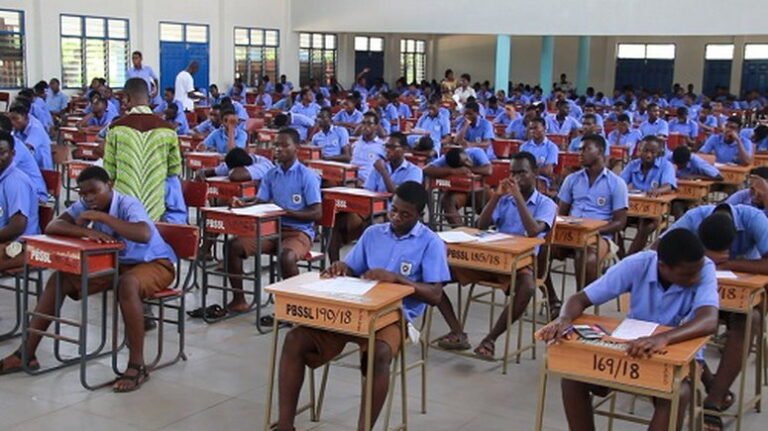Nigeria’s new Education Minister, Morufu Olatunji Alausa, recently reversed the age-pegging policy introduced by his predecessor, Professor Tahir Mamman, in July. This policy change comes after the Liberalist Centre published an article highlighting the potential dangers of the policy, which barred candidates under 18 from sitting for the Senior Secondary School Examination (SSCE) and the Unified Tertiary Matriculation Examination (UTME).
The earlier introduced policy sparked widespread outrage. The Liberalist Centre’s publication, “Nigeria’s Age-Pegging Policy on Education Could Be Harmful Than We Think,” raised critical issues regarding the policy. Oluwaferanmi Bello, a 2024 Journalism for Liberty Fellow with the Liberalist Centre, pointed out in the publication that the policy contradicts the core principle of merit-based access to education, as enshrined in Article 26 of the Universal Declaration of Human Rights. This Article states that “higher education shall be equally accessible to all based on merit.”
The newly sworn-in Minister finally addressed journalists on November 5, citing concerns that the policy could worsen Nigeria’s alarming rate of out-of-school children, currently pegged at 18.3 million, according to the United Nations Children’s Fund (UNICEF). This staggering figure positions Nigeria as having the highest number of out-of-school children globally.
The minister worried the policy could stifle the federal government’s efforts to tackle the out-of-school problem. He also noted that the 18-year benchmark policy is unsustainable for the education sector, opting to maintain the 16-year age limit with exceptions for gifted children. This decision reflects the Liberalist Centre’s argument that the policy is retrogressive and counterproductive.
The analysis by Oluwaferanmi Bello also highlighted Nigeria’s low life expectancy currently estimated at 56 years. By adopting 18 years as a benchmark for university entry, the government would leave students with only 38 years to complete their education, establish a career, and fulfil their dreams. This would put undue pressure on students and limit their opportunities.
Moreover, the policy would have heightened the problem of late graduation in Nigeria’s universities. “In a country like Nigeria, where frequent strikes and delays already plague federal universities, this policy could exacerbate the problem of late graduation,” the analysis added.
“A student admitted into a university at age 19 or 20 may face additional years of delay due to institutional disruptions, such as industrial actions, making it even harder to meet age requirements for certain job opportunities. Also, applying this policy on courses that require post-graduate qualifications like law or clinical psychology, and those with longer years of study like medicine will put students at a disadvantage.”
Industrial strike actions in Nigeria’s universities are not new. Between 1999 and 2020, data shows that Nigerian lecturers had gone on strike 15 times. The policy’s reversal reinforces the Liberalist Centre’s commitment to shaping Nigeria’s future with pro-freedom ideas.
The impact of the Liberalist Centre’s work in this regard cannot be overstated. By advocating for merit-based access to education, the organisation has helped ensure that Nigeria’s education sector remains inclusive and equitable. With the new minister’s decision, Nigeria’s education sector has just escaped significant jeopardy, ensuring that merit, not age, remains the determining factor for academic advancement.














